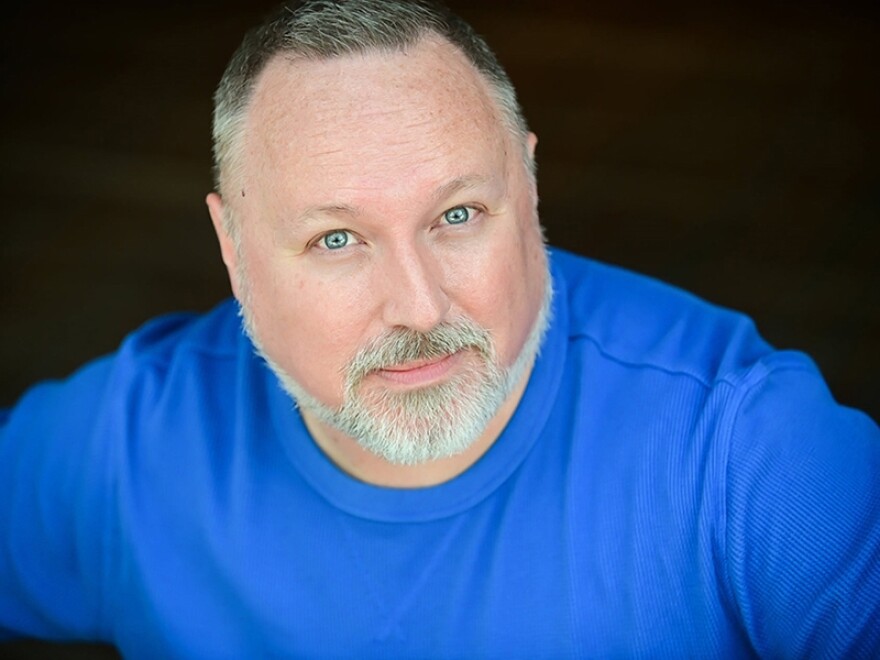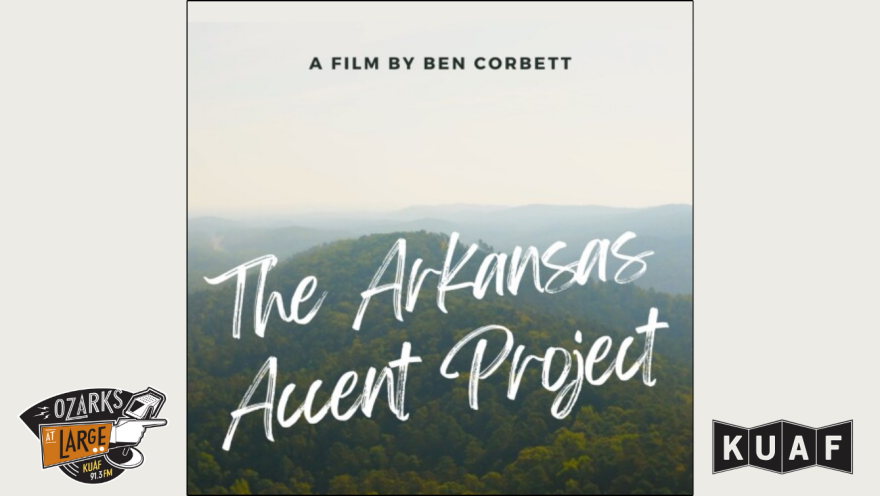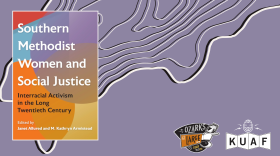University of Arkansas assistant professor Ben Corbett, along with producer Ringo Jones and cinematographer Cameron Moiser traveled around Arkansas recording and scouting over 100 residents for their documentary short film, The Arkansas Accent Project.
"The mission of the Arkansas Accent Project," Corbett said, "is to bring space and light to the various accents around the state, exploring the different accents — asking can they all be considered native?”
The team traveled from Eureka Springs to West Helena and back, talking to willing subjects for several hours and asking if they were willing to be filmed.
"I was very thankful they let us into their homes," Corbett said. "We asked them what do you think about your accent? And hearing people say, ‘I love it,’ or ‘oh, I hate it,’ or ‘you know, I never thought about it before!'."
Corbett also asked Arkansans if they found words like "hillbilly" offensive or if they identified with the slang term. He also investigated the roots of peoples' accents.
"Can you describe the accent of your family, what voices did you hear coming up," he said. "Is there something you wish you could tell the world about Arkansas? When is a time when you had to make your accent thicker? And what happened? I wanted to look at how people’s identity are wrapped up in where they’re from.”
Along with recording regional accents, Corbett noted regional dialects.
“The difference between accent and dialect is an accent deals with changes to vowels, consonants, and diphthongs. For example, I'm from Tulsa, Oklahoma and my ancestors come from Ada, Oklahoma. So instead of 'hi' they say ‘haih’, or ‘hahdy,’ as opposed to howdy. That's an example of a southeastern Oklahoma accent. But a dialect has to do with word choices. So for example – a dialect could be ‘boy, that dog just won't hunt’ or ‘goodness gracious’ or ‘I’m as full as a tick.’ Those are phrases specific to a region.”
“The Arkansas Accent Project” documentary trailer opens with various Arkansans commenting on how they speak. One describes his accent as smooth and easy. Another who speaks with a twang, declares 'so if I got a twang? I will own it 100 percent!'."
Corbett said the documentary is the result of years of research he's conducted on Arkansas accents and dialects, with a growing number of his audio recordings housed in the International Dialects of English Archive.

"The people who either chose to come here, had to come here — or were forced to come here, brought their accents with them," he said, "including Southern African American vernacular English, as well as Cherokee language."
East Arkansas was settled predominately by French and Spanish colonialists. Ozark settlers who migrated from Tennessee, Kentucky, North Carolina, and Virginia, trace their ancestry back to places including the British Isles, Germany and Italy.
But starting in the late 20th century, new accents began to emerge, Corbett said, brought by new migrants.
“We have a huge influx of native Mexicans coming to the area, bringing their culture, and their accent," he said. "So what happens when they have children here? Their children are from Arkansas now. Is that an Arkansas accent? Is it? Could it be? If not, why not? What's an Arkansas accent anyway, if we say no. I posit that sometimes our acceptance of accents may determine on whether we accept the person speaking it.”
Corbett is referring to accent bias or prejudice towards people based on the sound of their speech.
“Everybody has an accent because everyone is from somewhere," he said. "And you don't have to sound a certain way to be smart.”
But even Corbett said he was taken by surprise after recording a Vietnamese migrant from Fort Smith, who spoke with a strong Southern accent.
“He said I feel like I'm from here, this is my home, and he spoke with a very clear Arkansas accent."
Arkansas children, including immigrant and migrant children, may grow up speaking differently than their parents. That can be attributed to a growing majority of Americans speaking what’s referred to as General American or Standard American, a non-regional accent. So does this mean we are losing our ancestral accents?
"We may be losing what we've been taught, based on the majority people who have lived here," Corbett said. "Now that's changing so I think we need to be ready for change.”
Corbett examines all these realms in his new documentary short, Arkansas Accent Project. The film will premiere at Hot Springs Documentary Film Festival on Wednesday, Oct. 11, and will be shown at Fayetteville Film Festival on Oct. 14 at the Pryor Center.








